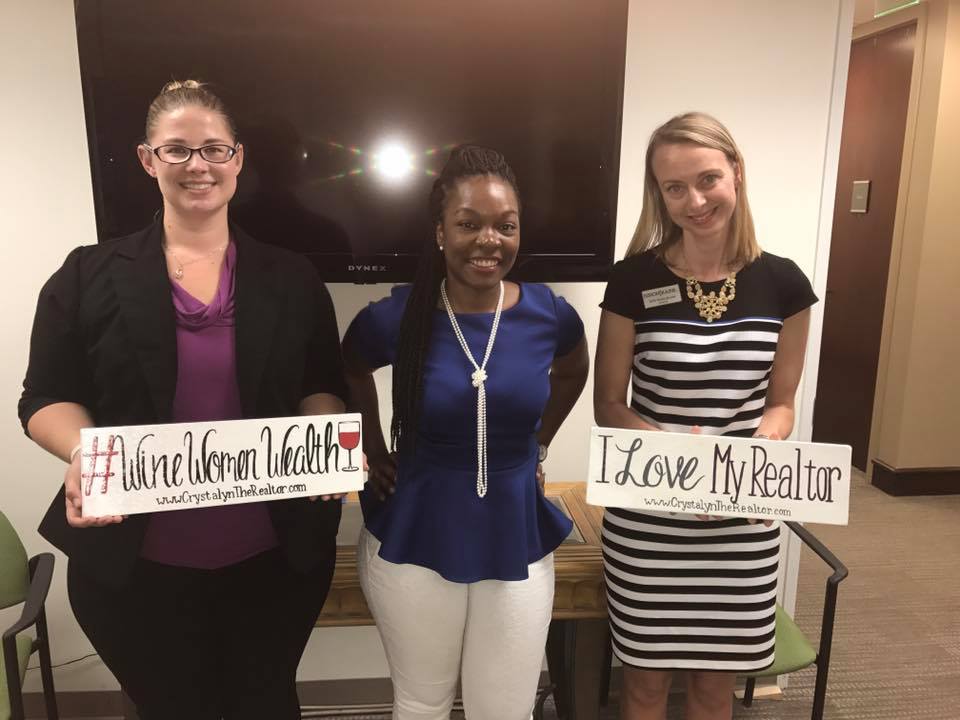|
In North Carolina, there is a presumption that a lost will has been revoked. However, there is a procedure in place to overcome that presumption and probate a lost will. This procedure is not found in any North Carolina statute, but it is a product of case law over the years. The executor or beneficiary starts the process just the same as if he or she were going to probate an original will – by filing an application for probate with the Clerk and submitting a death certificate.
However, the clerk will require evidence of the following four items: 1. Proper execution of the will. The best way to do this is to produce a copy of the lost will and have the witnesses and notary public provide affidavits testifying that the will was properly executed. As you can imagine, if the will is very old, sometimes problems will arise if witnesses are dead or unavailable. The executor may have to provide some other evidence, like the testimony of the drafting attorney or the attorney’s secretary. 2. The contents of the will. Again, producing a copy of the lost will is the best way to satisfy this requirement, but there have been cases where the court has allowed a witness to testify about the contents of a will. 3. The will was not actually revoked. The executor must provide evidence that the will was lost or destroyed and that the loss or destruction did not occur because the testator decided to revoke the will by throwing it away or destroying it. The executor can produce evidence describing the circumstances surrounding the loss or destruction (for example, that the testator’s house burned down a few years before his death or that he moved houses and must have lost the will during the move). 4. There was a diligent search for the will in the places it would most likely be found and it was not found. So what should you do if you lose your will? If you realize it is lost while you are still living, you need to re-execute a new will so that you can save your family time, money (because they will probably have to hire an attorney), and headache. Furthermore, there is no guarantee that your loved one would be able to satisfy the four above requirements, and the Clerk may not admit your will to probate. If you are the executor and you know that the deceased had a will, you should check for a safe deposit box at the testator’s bank or a safe or fire box at the testator’s home. These are the most common places for someone to keep an original will. You should check any important papers in filing cabinets. If it cannot be located, you should try to track down the attorney who drafted the will in an attempt to obtain, at the very least, a copy of the will to probate. The procedure for probating a lost will is easier if there is a copy. If you are currently dealing with any of these issues, please give Jesson & Rains a call for assistance.
2 Comments
We are frequently asked what is the difference between an independent contractor and an employee. Hiring independent contractors is often the cheaper choice for employers as the employer saves on taxes and other administrative costs that are involved with hiring and firing traditional W2 employees. However, mistakenly (or intentionally) classifying employees as independent contractors can cost employers thousands of dollars in fines, taxes, and back wages, as well as cost the government millions of dollars in taxes. Several years ago, the News and Observer wrote an article about contractors in the construction industry who were intentionally misclassifying those who should have been employees as independent contractors in order to save money. The article found that the misclassification of employees cost the state of North Carolina $467 million in lost tax revenue that should have been paid by employers; and that was just from a sampling of federally funded projects in North Carolina—ignoring the vast amount of private construction in the State.
On August 11, 2017, Governor Cooper signed into law the Employee Fair Classification Act (S.B. 407). Many in the construction industry have supported this move, feeling that the misclassification of workers by their less scrupulous competitors was making it difficult for them to compete. Companies that misclassify employees and independent contractors can save more than 20% on their labor costs. The new act provides a way for the state to receive complaints that employees are being misclassified as independent contractors by creating the Employee Classification Division within the North Carolina Industrial Commission. The Employee Classifications Section’s website states that: Upon receiving the complaint for employee misclassification the Director will provide this information to the North Carolina Department of Labor, North Carolina Industrial Commission – Compliance and Fraud Investigative Division, North Carolina Department of Commerce - Division of Employment Security, and North Carolina Department of Revenue where each separate agency shall conduct independent investigations to determine whether violations of their operating statutes has occurred. If determined there has been a violation of any operating agency statute, each agency will ensure the necessary enforcement actions under the respective statutes. As such, should a complaint be made, independent investigations will be made into the company being complained of by several different North Carolina governmental agencies and employers could be facing multiple fines from multiple state agencies. Also, employers are now required to post notices including the following information:
To avoid any issues with the Employee Classification Section, employers must ensure that they are correctly classifying employees as either employees or independent contractors. While the classification is determined case by case and depends a great deal on the specific facts surrounding each individual’s employment, here are some basic considerations:
That is not an exhaustive list, and no one question will determine whether a worker should be considered an employee or an independent contractor. However, if in answering those questions, you are finding that you have a lot of control over how the worker performs his or her work, then it is likely that they should be classified as an employee and not an independent contractor. If you find yourself questioning whether your worker should be classified as an employee or an independent contractor, or if you find yourself being investigated by the Employee Classification Section, please give Jesson & Rains a call to assist you in the matter. Attorney Kelly Jesson presented information about Estate Planning to the August Edition of Wine, Women & Wealth. Brittney Windsand from New York Life Insurance was a presenter as well.
Wine, Women & Wealth was designed to inspire and educate women by providing financial tips on real estate, insurance, budgeting and other various avenues. Women can enjoy a glass of wine while learning and networking with other ladies in the community. |
Subscribe to our newsletter.AuthorKelly Rains Jesson Categories
All
Archives
July 2024
|
|
SERVICES |
SUPPORT |
©Jesson & Rains, PLLC ALL RIGHTS RESERVED.




 RSS Feed
RSS Feed

